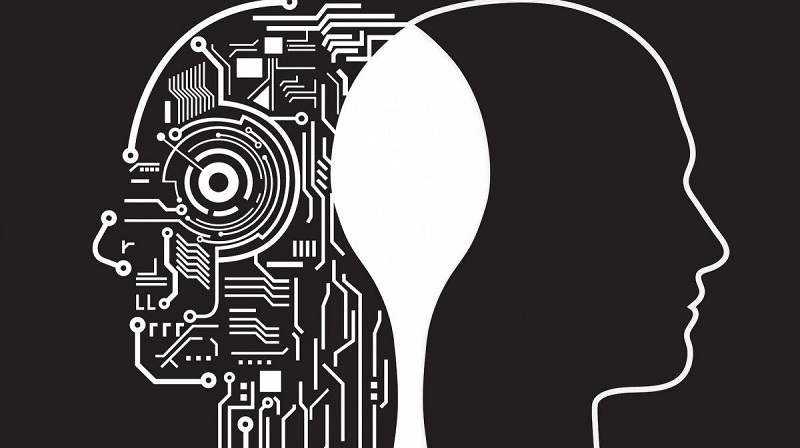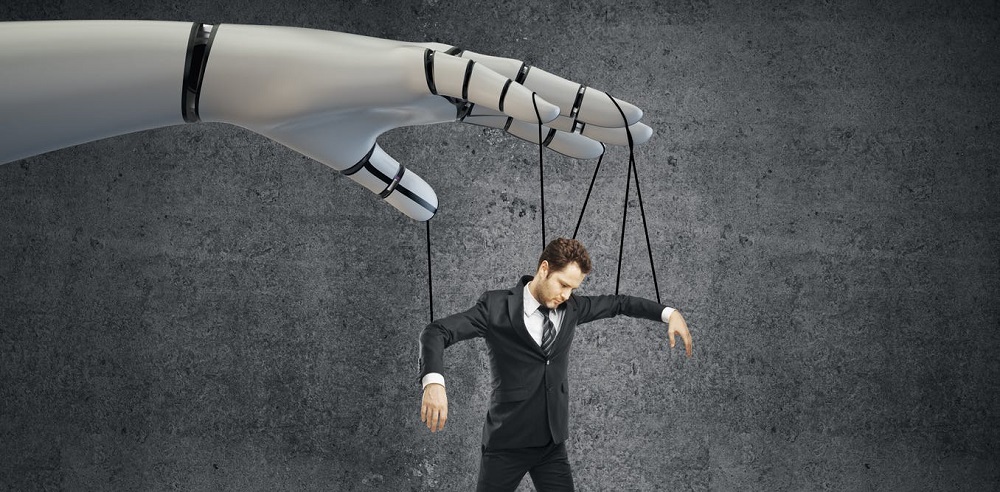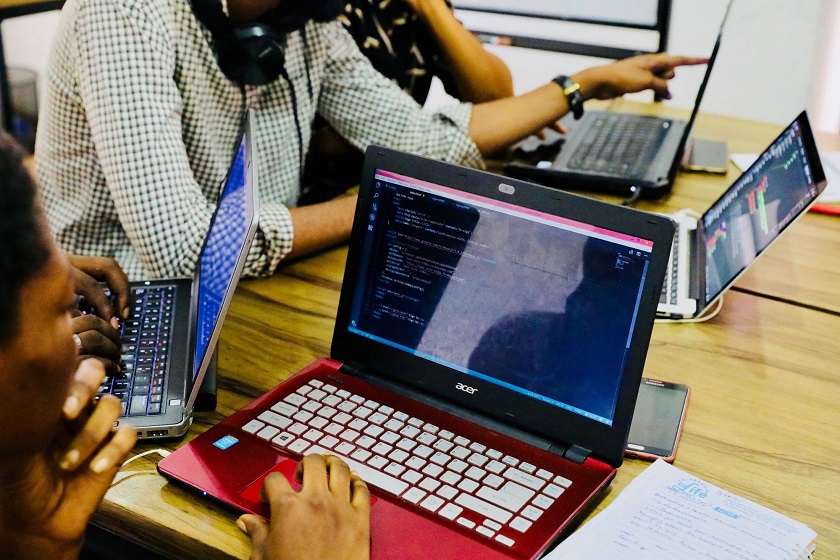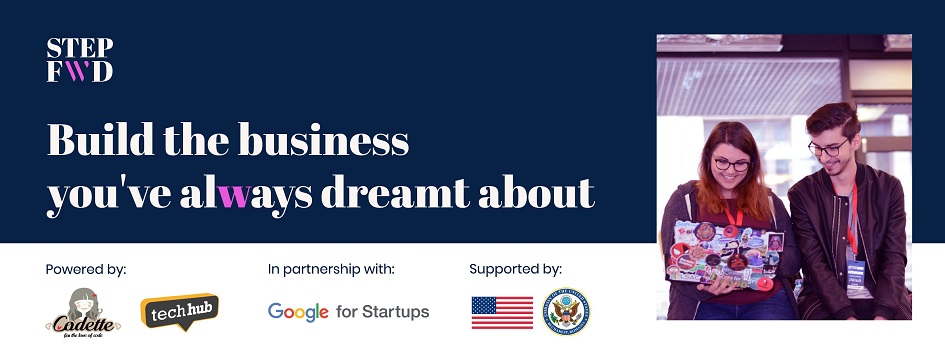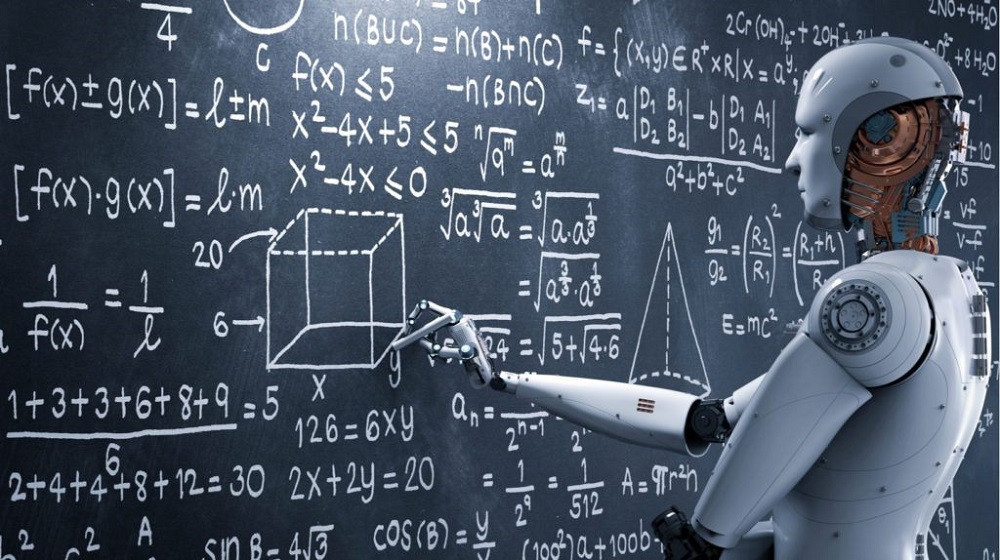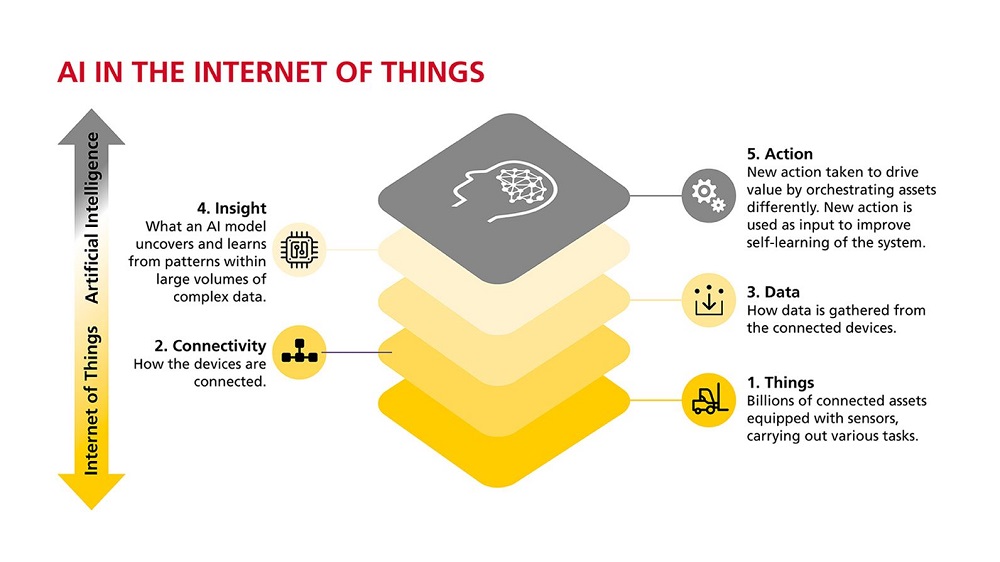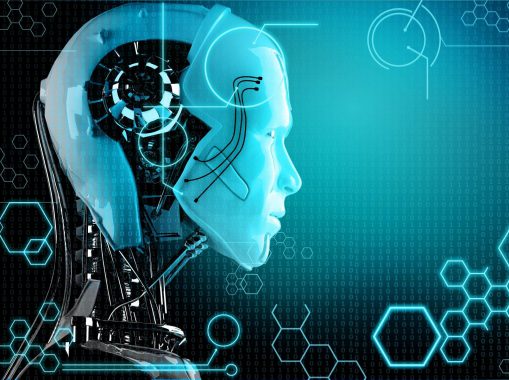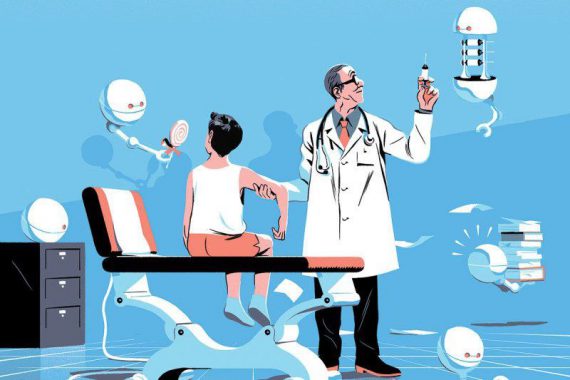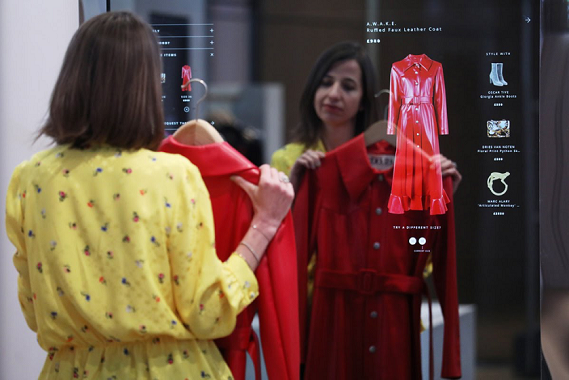The ultimate goal of artificial intelligence is to create technology that will allow computers and machines to mimic the human brain and exhibit human-like behaviour. Although there’s a long way until current AI will become similar or equivalent to human intelligence, there is, nevertheless, a certain characteristic that machine learning has already picked up from us. Being biased.
What exactly is biased in AI?
Being biased means displaying a tendency to lean in a certain direction, either in favour of or against a particular thing, without having a neutral point of view on that aspect. Read in full

